#german sci-fi
Photo
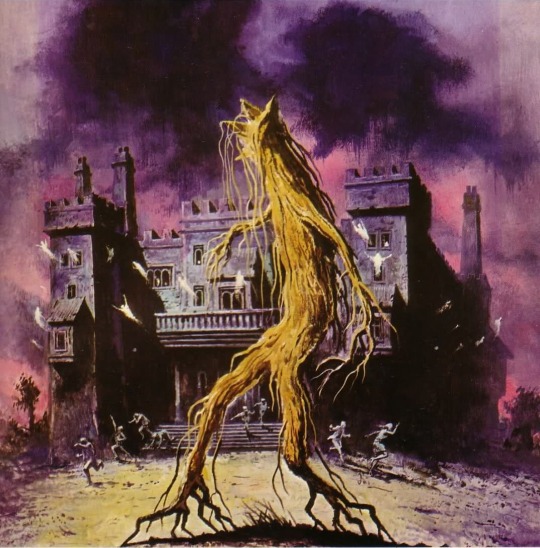
Rudolf Sieber-Lonati’s 1978 cover art to Silber Grusel-Krimi #212
1K notes
·
View notes
Photo

Das Millionenspiel (1970), dir. Tom Toelle
2K notes
·
View notes
Text
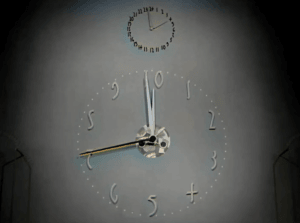









Metropolis (1927)
#metropolis gif#fritz lang#20s sci-fi#german expressionism#silent movies#thea von harbou#eugen schüfftan#special effects#miniature effects#20s movies#1920#1927#gif#chronoscaph gif
201 notes
·
View notes
Photo
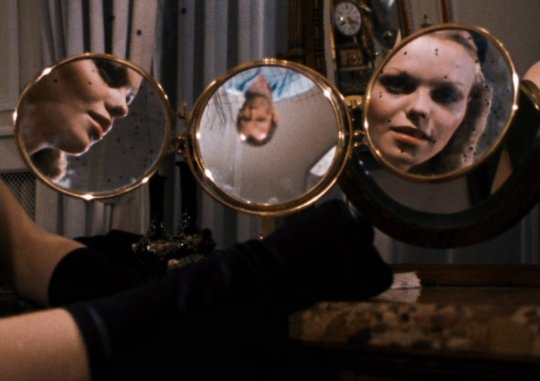
Rainer Werner Fassbinder
- World on a Wire
1973
137 notes
·
View notes
Text
With lots of love, for a very wonderful book with interesting thoughts on personhood, citizenship, gender, teenage alien puberty and space politics, i just have to say this:
Dear Ann Leckie why did you pick sie as a neopronoun when it means she/her in german?????????
#imperial radch#translation state#I wonder how sie/hir will be translated into german#I'm assuming translation state will be translated into german since its a good book and theres a lot of German sci fi readers
10 notes
·
View notes
Text
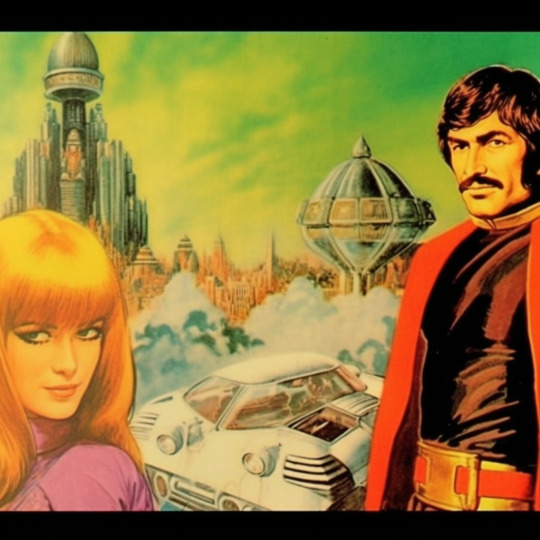
#retro scifi#pulp scifi#sci if#science fiction#sci fi#70s sci fi art#pulp#pulps#pulp art#sci fi aesthetic#scifiart#70s science fiction#pulp science fiction#german science fiction#science fiction art#70s sci fi#1970s sci fi#1970s science fiction
39 notes
·
View notes
Text
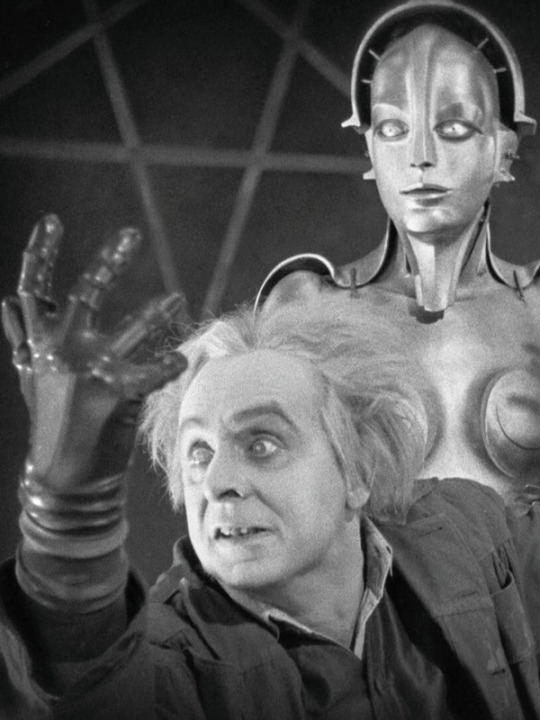
13 notes
·
View notes
Photo


Bottleneck Gallery will release Metropolis by J.S. Rossbach and Enter the Dragon by Matt Needle today, April 13, at 12pm EST.
Metropolis is a hand-numbered edition of 100 24x36 giclee prints for $60. Enter the Dragon is a hand-numbered edition of 100 24x36 screen prints for $50.
#metropolis#enter the dragon#bruce lee#fritz lang#brigitte helm#bottleneck gallery#art#gift#js rossbach#matt needle#robert clouse#german expressionism#sci fi#martial arts#science fiction
30 notes
·
View notes
Text
Sci-Fi Saturday: Gold

Week 13:
Film(s): Gold (Dir. Karl Hartl, 1934, Germany)
Viewing Format: Blu-Ray: Kino Lorber
Date Watched: 2021-08-20
Rationale for Inclusion:
Most popular histories of German cinema gush over its silent era and Fritz Lang's early talkies, boils the Nazi era down to propaganda films, and then rapidly moves on to West Germany's New Cinema of the 1960s and 1970s. When touring the Berlin Film Museum in 2006, they had an exhibit acknowledging cinema made under the Nazi regime, but it was plain, matter of fact, and not at all celebratory of any figure or works. The standing international agreement to not give Nazis more credit for anything positive created under their supervision between 1933 and 1945 is one that this lifelong Indiana Jones fan, from a country that has historically been less willing to acknowledge its own history of genocide and white supremacy, cannot argue with.
However, when something is made deliberately withheld or rendered taboo, it risks developing a fetishistic or contrarian following. Curated, contextualized access is preferable to dispel mystique and render a work mundane. However, a work's problematic nature cannot be exercised completely, nor can the stain of its lineage be fully forgotten once known. This mental calculus of having interest in or love for a work despite it or its creator's controversial nature is something each person must work out for themselves.
All that to say, if you're grossed out by the inclusion of a film created under the Nazi regime, that's a completely fair perspective. However, surreptitious curiosity is also valid, and a normal human emotion.
And curiosity is definitely what motivated my inclusion of Gold (Dir. Karl Hartl, 1934, Germany). Partly it was wondering what a Nazi supervised science fiction film was like, period, especially relative to the Weimar Era films previously viewed. Partly it was a more basic curiosity: the prospect of hearing the voice of Brigette Helm, of Metropolis (Dir. Fritz Lang, 1927, Germany) fame. And to be perfectly honest, the simplistic wonder of hearing the voice of a performer whose art focuses on pantomime was the bigger draw.
Reactions:
Brigette Helm has a voice that is consistent with her appearance: elegant and German. The anticlimax of learning that fact is on par with realizing Harold Lloyd has a soft spoken, Midwest accent that matches his aesthetic, as opposed to the surprise of Charles Chaplin's English accent or Buster Keaton's deep baritone voice.
That question out of the way, what about the film itself? Nothing especially anti-semitic or fascist in visuals or content makes its production origin glaringly obvious. Given that like F.P.1 [AKA F.P. 1 Doesn't Answer] (F.P.1 antwortet nicht, Dir. Karl Hartl, 1932, Germany) an additional French language version was produced with export in mind, and the Nazis had just come to power and purchased UFA in 1933, and would not begin explicit international aggressions until 1938, it follows that they would not want to compromise cinematic commerce in 1934.
Instead, Gold is about the relationship between scientific progress and capitalist greed. A German scientist (Friedrich Kayßler) is about to succeed in the dreams of the alchemists and create a machine that can transform lead into gold, when sabotage destroys the machine and its creator with it. His engineer Werner Holk (Hans Alber) swears vengeance for his friend, and takes a job with industrialist John Wills (Michael Bohnen), who arranged the sabotage in order to corner the market on the technology. Holk proceeds to take down the usurper from the inside and the film ends with lots of satisfying explosions.
Amid the straightforward wrong scientist seeks revenge narrative are some incredible set pieces. Giant electrodes and machines with tunnel trains connecting the underground laboratory to the mainland. The sets and props were so impressive that footage of them was later reused in The Magnetic Monster (Dir. Curt Siodmak, 1953, USA). However, UFA did not make additional science fiction films during the Nazi era, so the sets and props were not reused in other movies by the studio.
Gold is interesting and ultimately competent but unremarkable, compared to the genre films that came before it.
And if you are interested in learning more about German cinema during the Nazi era, I recommend the documentaries Hitler's Hollywood (Dir. Rüdiger Suchsland, 2017, Germany) (which features Gold briefly) and Forbidden Films (Verbotene Filme, Dir. Felix Moeller, 2014, Germany).
3 notes
·
View notes
Text
Mass-market Monday | Arkadi & Boris Strugatski's Hard to Be a God
Hard to Be a God, Arkadi & Boris Strugatski. Translation by Wendayne Ackerman. Daw Books, first edition, first printing (1973). Cover art by Kelly Freas. 205 pages.
Like many anglophones, I first sought out the Brothers Strugatsky–which I will continue to spell with a final –y here, in line with the spelling variation I’ve used on this blog for years now, while also above conceding this 1973…
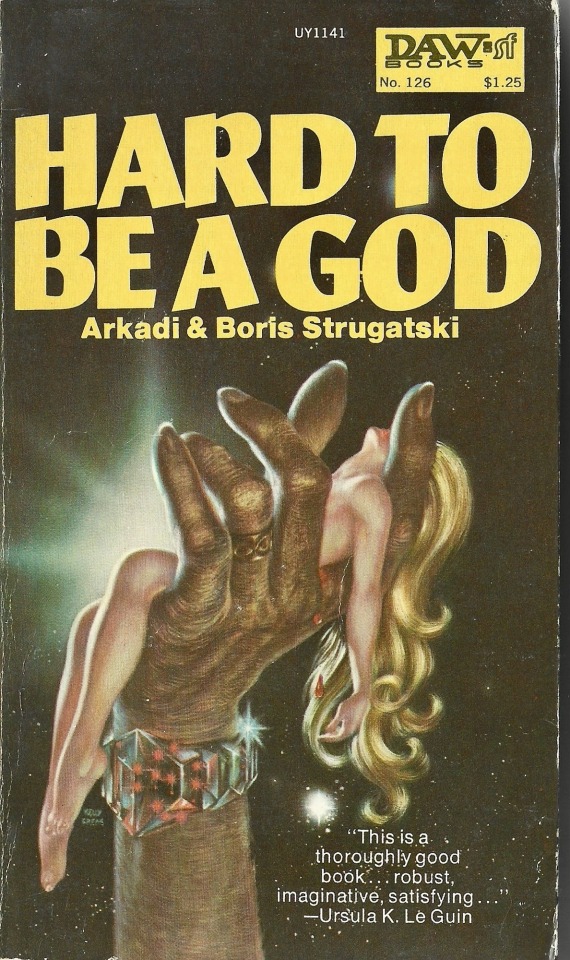
View On WordPress
#Alexei German#Covers#Hard to be a god#Kelly Freas#Mass-Market Monday#Olena Bormashenko#riffs#Sci-Fi#The Strugatsky brothers#Wendayne Ackerman
4 notes
·
View notes
Text
Watching Dark on Netflix and felt like singing sweet home Alabama every five minutes
I mean it's pretty much just inter-generational incest
#does that make any sense lol#dark#dark netflix#German#dark-netflix#mikkel#michael Nielsen#jonas kahnwald#adam#noah#1899 (2022)#sci fi tv#sci fi
46 notes
·
View notes
Photo

I found the creature design in this Sci-Fi Dolphin Saturday entry delightfully odd: It's Klaus Bürgle's 1979 cover to Der Wasserplanet, by Lothar Streblow
432 notes
·
View notes
Photo
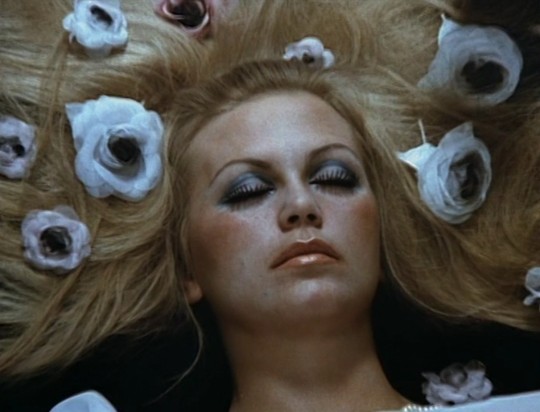
Das Millionenspiel (1970), dir. Tom Toelle
1K notes
·
View notes
Photo










Metropolis (1927)
#metropolis gif#brigitte helm gif#fritz lang#rudolf klein-rogge#20s sci-fi#20s movies#german expressionism#silent movies#science-fiction#rotwang#maschinenmensch#hel#maria#futura#gynoid#1920s#1927#gif#chronoscaph gif
719 notes
·
View notes
Text
On March 6, 1927, Metropolis debuted in New York City.
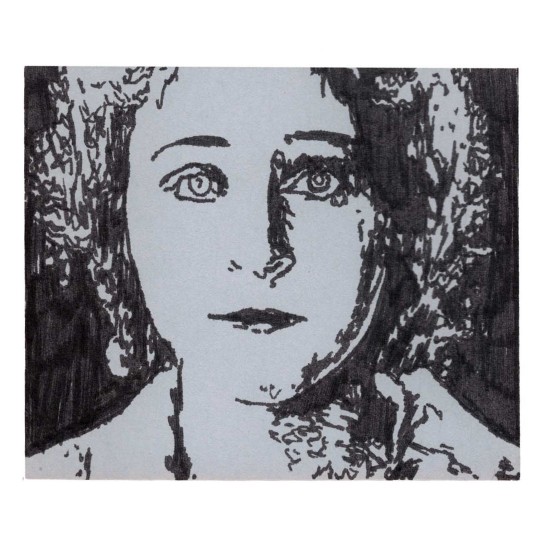



#metropolis#fritz lang#german expressionism#german expressionist film#1920s#dystopian science fiction#dystopian film#classic film#rediscovered film#sile t film#sci fi#satire#movie art#art#drawing#movie history
3 notes
·
View notes
Video
youtube
Music video to “Hard Drug” by German darkwave duo Lebanon Hanover from their 2020 release Sci-Fi Sky
#darkwave#nu goth#gothgoth#post punk#Lebanon Hanover#Hard Drug#Sci Fi Sky#music#German goth#German darkwave#music video
27 notes
·
View notes